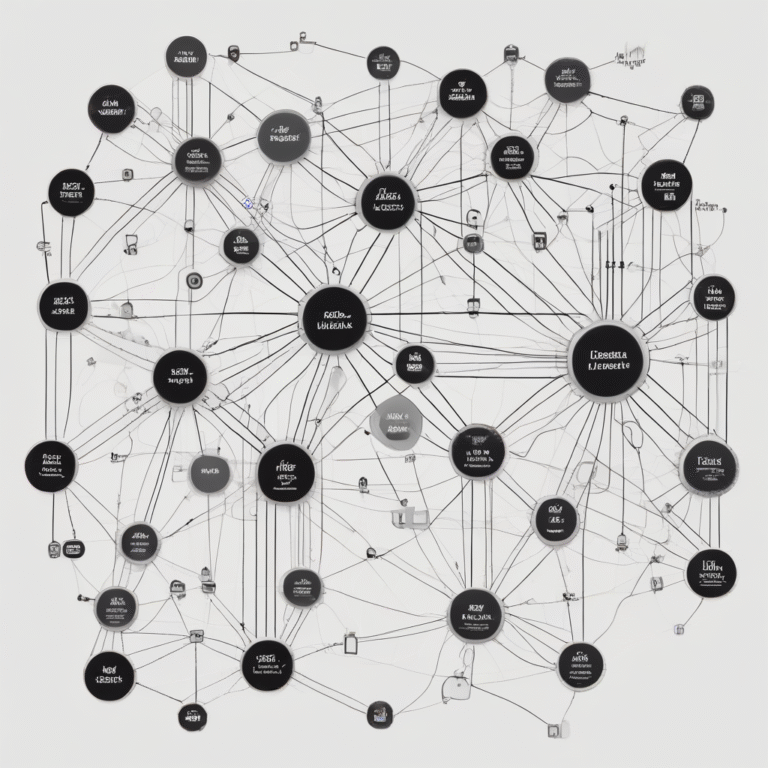Unified AI Security and Governance for Agentic Systems
As enterprises scale AI agents across their organizations, the industry has witnessed the introduction of the first software designed to unify AI security and AI governance. The new capabilities enhance and integrate watsonx.governance and Guardium AI Security to help clients maintain security and responsibility in their AI systems, including agents, at scale.
Integrating and Automating Agentic AI Security
The integration of IBM Guardium AI Security and watsonx.governance provides the first unified solution to manage security and governance risks associated with various AI use cases. This integration supports user processes to validate compliance standards against 12 different frameworks, including the EU AI Act and ISO 42001.
In collaboration with AllTrue.ai, IBM is enhancing Guardium AI Security’s capabilities to detect new AI use cases in cloud environments, code repositories, and embedded systems. This development offers broad visibility and protection in a decentralized AI ecosystem. Once identified, Guardium AI Security can automatically trigger appropriate governance workflows from watsonx.governance.
Recent updates to Guardium AI Security include automated red teaming to help enterprises identify and fix vulnerabilities and misconfigurations across AI use cases. Additionally, it allows users to define custom security policies that analyze both input and output prompts, mitigating risks such as code injection, sensitive data exposure, and data leakage.
Enhanced Agentic AI Evaluation and Lifecycle Governance
IBM watsonx.governance now monitors and manages AI agents throughout their lifecycle from development to deployment. Users can build evaluation nodes directly into agents, enabling them to monitor key metrics like answer relevance, context relevance, and faithfulness. Planned future capabilities include agent onboarding risk assessment, agent audit trails, and an agentic tool catalogue, anticipated to be available on June 27.
Off-the-Shelf Compliance Capabilities
IBM watsonx.governance Compliance Accelerators offer pre-loaded regulations, standards, and frameworks from across the globe. This feature enables users to identify relevant obligations and map them onto their AI use cases. The content covers significant regulations such as the EU AI Act, the U.S. Federal Reserve’s SR 11-7, and New York City Local Law 144, along with global standards like ISO/IEC 42001 and frameworks like the NIST AI RMF.
Expertise to Scale AI Responsibly
To facilitate responsible AI scaling, IBM Consulting Cybersecurity Services is introducing new services that integrate data security platforms like Guardium AI Security with comprehensive AI technology and domain consulting. These services aim to support organizations through their AI transformation journey, from discovering AI deployments and potential vulnerabilities to implementing secure-by-design practices across various AI layers.
To enhance offerings for AWS clients, watsonx.governance is now available in an AWS data center in India, featuring improved model monitoring capabilities.
Conclusion
Today’s new capabilities and integrations equip businesses with the comprehensive governance and security necessary to thrive in the era of agentic AI. These innovations align with IBM’s broader suite of watsonx AI solutions, designed to enable companies to responsibly and securely accelerate the impact of generative AI.
The rapid adoption of AI agents presents both transformative opportunities and significant challenges. Proper governance and security are crucial to mitigating risks and ensuring sustainable AI deployment.









